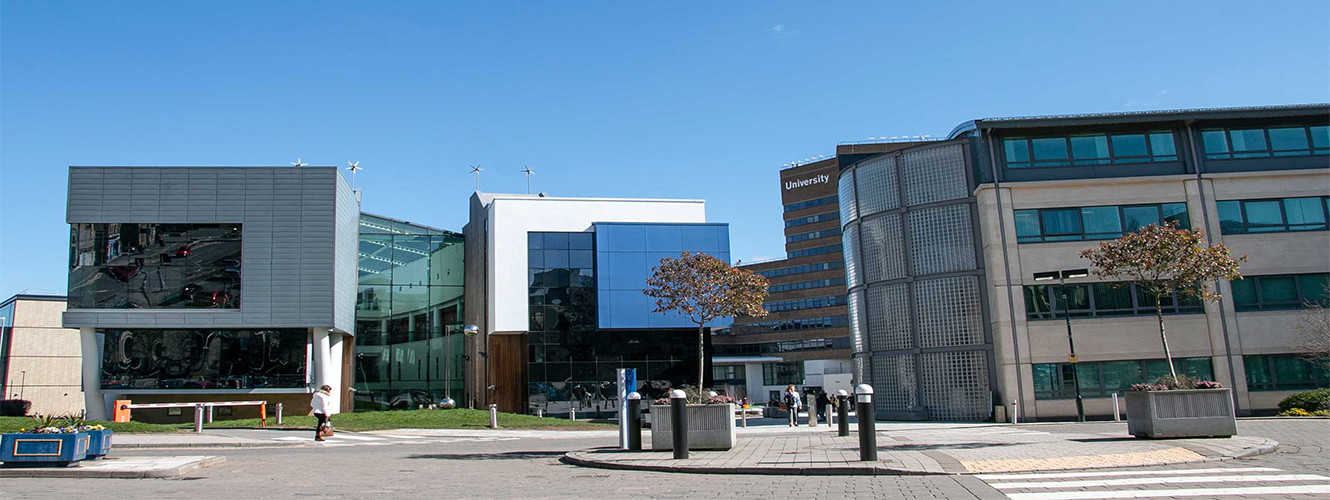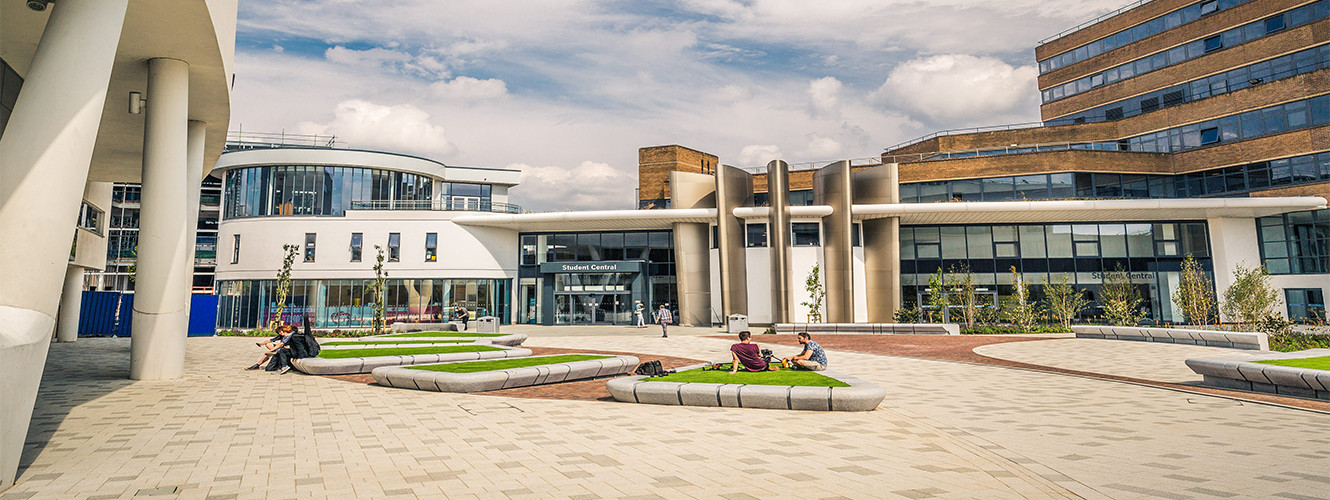UK97 BEng (Hons) Energy Engineering University of Huddersfield
-
THÔNG TIN CHUNG
The energy industry generates and distributes electrical power on a large scale, and there is a growing need to improve how we all use energy in our daily lives, to reduce our impact on the environment. Identifying renewable and sustainable energy sources are vital to preserving the world we live in, and finding new ways of generating energy is a challenge for society now, and in the future. If you want to have an impact and be at the forefront of this fast paced industry, this STEM course can help you understand the issues and develop your skills and understanding to help change the world we live in.
We aim to give you a thorough understanding of both electrical and mechanical principles. Not only that, we will also look at the commercial side of the industry to help develop your business acumen. You could develop skills in a range of power generation technologies, including:
- Solar
- Wind
- Tidal
- Nuclear
- Traditional fossil fuels.
You’ll explore aspects of the energy industry, centred on large scale electrical power generation and distribution, while assessing the effective use of power by the consumer, micro generation schemes and combined heat and power systems. On top of this, we have excellent facilities for practical work, including our own wind and solar power facility, and you have the option to choose which facilities you want to work with, and focus on, in your final year project work.
During your studies you have the chance to take a placement after your second year. You could work in the industry and put what you’ve learnt into practice. We’ll also give you the opportunity to take part in national competitions like the Institution of Mechanical Engineers (IMechE) Formula Student,Railway Challenge and UAS (or comparable design and build team projects). In addition, our Institute of Railway Research (IRR) within our Department of Engineering have been awarded the Queen's Anniversary Prize for ‘innovative research in railway engineering to improve safety and efficiency through technological developments'. This is one of the most coveted distinctions in UK Higher Education.
The degree is accredited by the Institution of Mechanical Engineers (IMechE) which means it meets the academic requirements for registration as an Incorporated Engineer (IEng).
By exploring the issues facing the energy industry and focusing on practical experience, this course has been designed to prepare you for a career in this important and boundary pushing sector.
-
CƠ HỘI NGHỀ NGHIỆP
Placements
This course offers you the chance to undertake an optional placement in Year 3. This opportunity helps you to build on the knowledge and skills developed on the course. You will be employed by the company for 12 months, but the actual number of weeks worked will be dependent on the annual leave entitlement you are given in line with the placement company’s policy.
The placement year is a valuable tool that can enhance your employability and help you to develop as an individual. It is acknowledged that graduates with industry experience are generally much more attractive to employers.
Our Placement Unit will be on hand to support you in applying for and finding suitable placement opportunities. They will assist you with preparing your CV and with interview techniques. They'll also be in contact with you during your placement so that you'll be fully supported while you gain the experience that employers value so highly.
The Placement Unit team are regularly in contact with local and national companies. Previous students from this subject area have spent their placement year at companies including Nissan, Bosch, Sellafield Ltd and Intel. You can find more information on placements here.
Alternatively, if you are a student from within the UK, you could consider starting your own small business by applying for the Enterprise Placement Year in conjunction with the University’s Enterprise Team. You’ll have the opportunity to benefit from business advice, mentoring and networking sessions. Find out more information on the Enterprise Placement Year.
Your Career
Previous graduates from courses in this subject area have gone on to work in a variety of roles such as new product reliability engineer, design engineer, lead structural test engineer and pipeline engineer in organisations including Cummins Inc, Weir Power & Industrial, Jaguar Land Rover and Shell.**
Additionally, you may gain skills that are transferable to other industries and may be able to pursue a career that requires a good honours degree. You could also go on to further study and the University has many options available for postgraduate study which may interest you.
- ĐIỀU KIỆN ĐẦU VÀO
- ĐIỀU KIỆN NGÔN NGỮ
- HỌC BỔNG
- ĐỊA ĐIỂM
Tóm tắt
-
Phí ghi danh
0
-
Độ dài khoá học
3 năm
-
Kỳ nhập học
Tháng 9
Phí Cơ Bản
-
Loại Tiền
-
Học Phí
Trên năm -
Phí Sinh Hoạt
Trên năm -
Tổng






